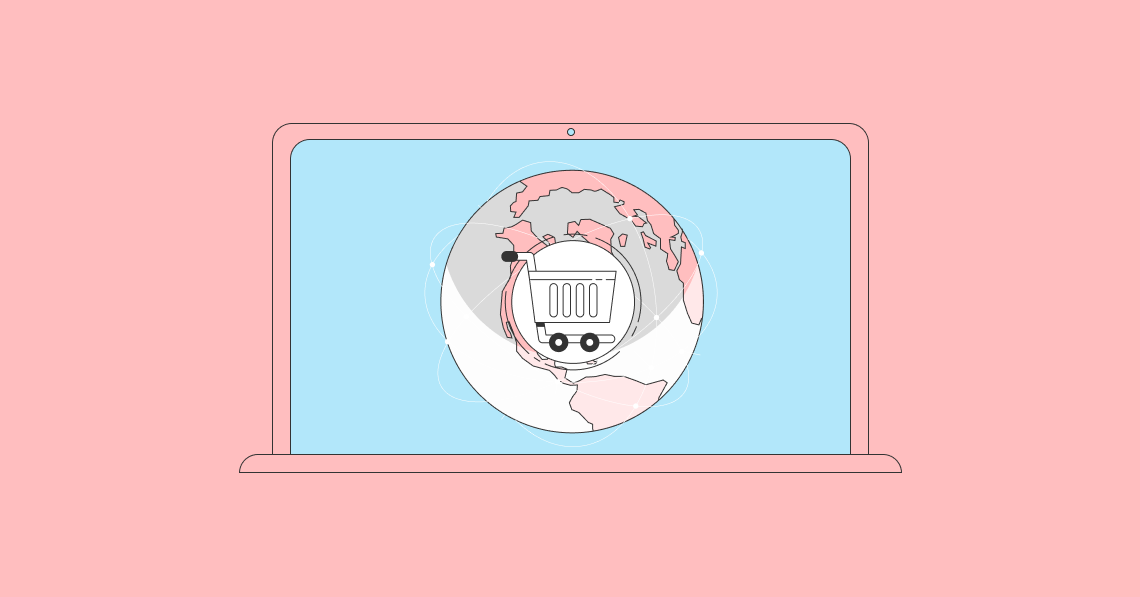Aprivate labelproduct refers to a product that’s sold under a specific retailer’s brand name, but is manufactured by a contract or third-party entity. These products are also referred to as Original Equipment Manufacturer or OEM.
How Private Label Works
零售商full control over product specifications, such as its ingredients or the components used, how it looks like, its packaging and labeling. These retailers pay third-party manufacturers to produce these products and have them delivered to the retailers’ store.
私人标签是许多零售商的普遍做法。零售巨头(例如Costco和Target)出售自己的private labelbrands under the Kirkland and Archer Farms brands, respectively. It’s not just the retail giants who are engaged in private labeling products either. Other sectors, including grooming and personal care, clothing, and food and beverage, also have a wide array ofprivate labelproducts.
Here are some examples:
- Salons and spas that sellprivate label产品,例如洗发水,头发水疗护理和指甲油
- Clothing stores that sell their ownprivate labelapparel alongside other brands
- Food and beverage products, such as cereals, juices, and condiments, that are marketed under a grocery store’s own brands
Otherprivate labelcategories include:
- 化妆品
- Dairy items
- Household cleaners
- Paper products
私人标签和白色标签
What differentiates aprivate labelproduct from a white label one?
While these may seem like interchangeable terms, they do have their differences. White label products refer to products that are sold by a company or brand but without their brand and logo, are rebranded by other retailers and then sold under that other retailer’s own trademark.
Simply put, white label products are a “generic” product sold by a manufacturer that can be rebranded by other retailers and market as their own merchandise. One of the main differences betweenprivate labeland white label products is the ability to customize. With the former, retailers have the full control when it comes to dictating what their products look like, what they’re made with, and more. With the latter, however, the products that are to be rebranded are already manufactured, limiting the level of customization that other retailers can have to the products’ packaging.
而且,private labelproducts are more exclusive. Given their highly customized nature, it makes it nearly impossible for other retailers to market the same exact products. With white label products, however, the products are manufactured and are available to multiple retailers.
Private labelproducts are mostly limited to physical goods, whereas white label products can include both physical and non-physical items such as services or software.
The Benefits of a Private Label
Private labeling has a host of benefits, including:
完全控制
Retailers have total control over many aspects of manufacturing when it comes toprivate labelproducts. Aside from being able to dictate the products’ size, package design, and ingredients or materials used, they also have the freedom to determine pricing andbranding。The high level of customizability in private labeling makes it appealing to a wide array of retailers in different sectors.
Higher profit margins
Aside from being able to determine the products’ pricing, retailers that selectprivate labelproducts can stand to gain higher profit margins. Manufacturing a product generally incurs lower costs compared to buying premade items.
产品排他性
Unlike their white label counterparts,private labelproducts are highly customized. As such, they’re highly exclusive and can help retailers separate themselves from the competition.
Establishing brand loyalty
Private labeling is a great way for retailers toestablish brand loyalty。鉴于他们的排他性private labelproducts have limited accessibility. This limitation can work to the retailers’ advantage and be used to build a loyal customer base.
开始使用私人标签
For retailers that are interested in developing their own range ofprivate labelproducts, here are some tips to help you get started:
-
- Do heavy research to understand how private labeling works
- Determine the type of products you want to market
- 确定您的目标市场是谁
- 找出是什么使您的产品从竞争对手那里脱颖而出
- Research on提供私人标签服务的公司
- Once you’ve picked a manufacturer, don’t forget to request for product samples so you can check their quality


